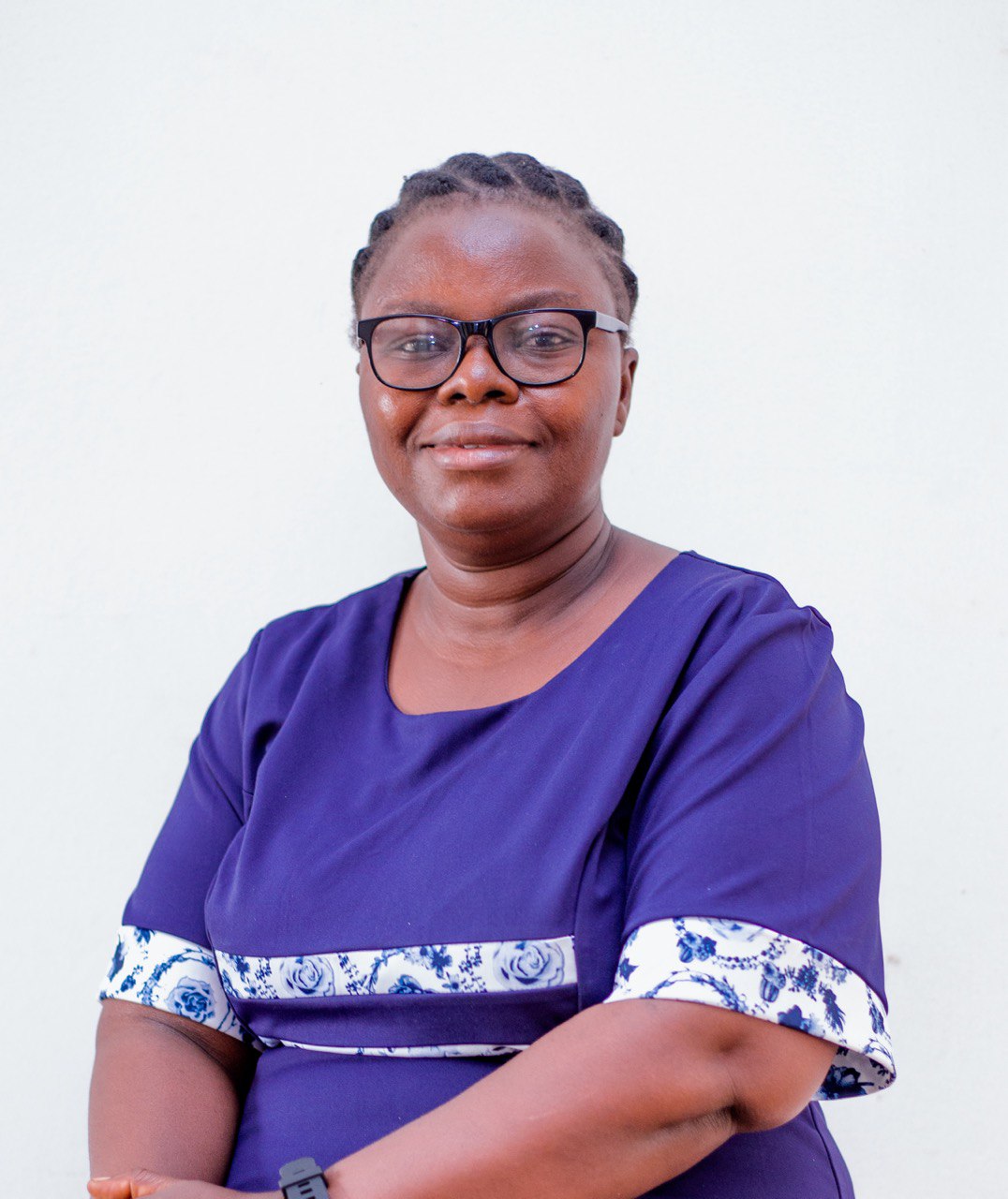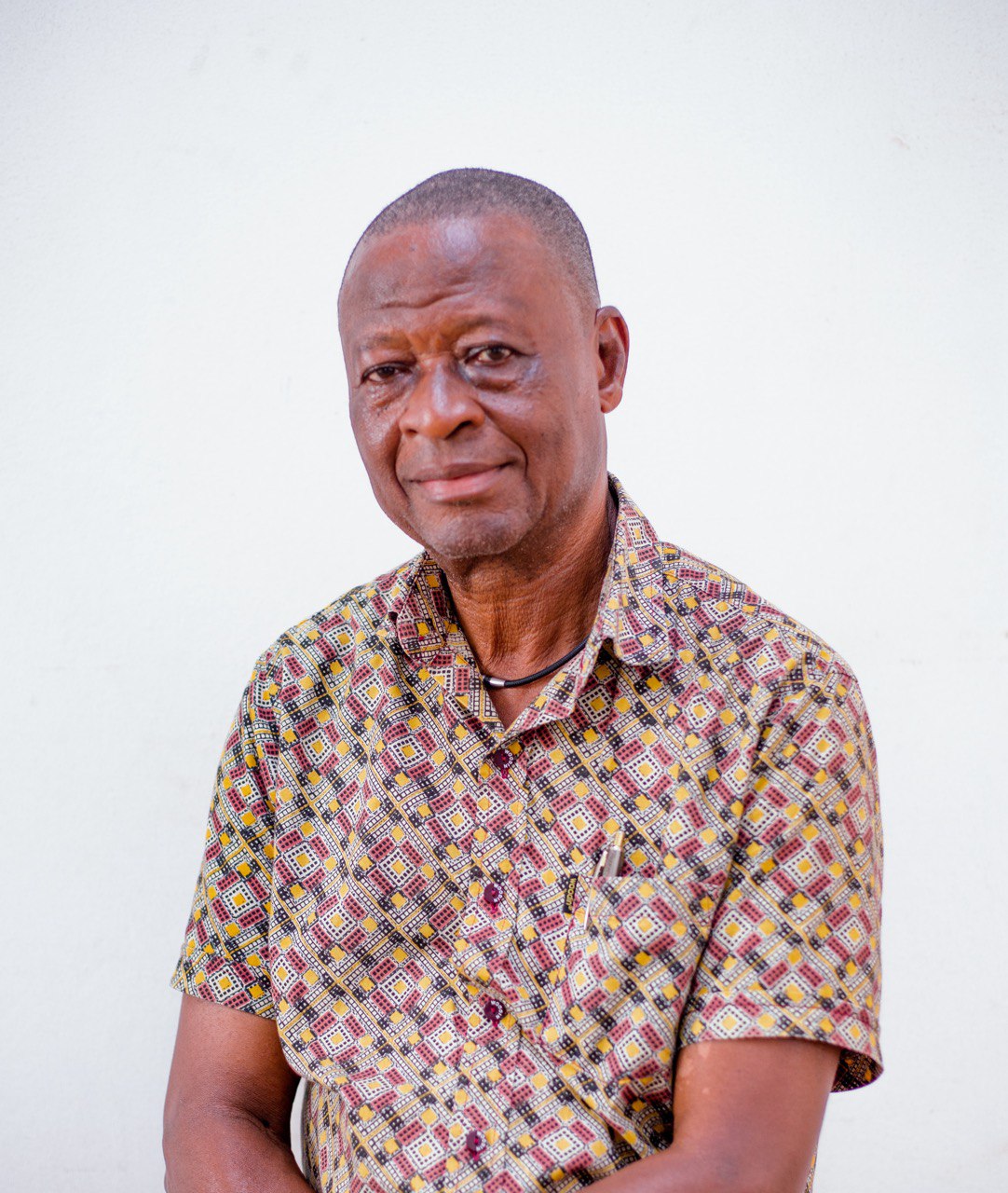The Agricultural Engineering Department was originally established as one of the three Divisions under the then Agricultural Economics and Farm Management Department in the then Faculty of Agriculture now School of Agriculture. It offered courses in basic Agricultural Engineering to B.Sc. Agriculture students. It attained the status of a Department in 1996 and in 1997 it started offering a graduate programme in Soil and Water Engineering.
Brief History
The Agricultural Engineering Department was originally established as one of the three Divisions under the then Agricultural Economics and Farm Management Department in the then Faculty of Agriculture now School of Agriculture. It offered courses in basic Agricultural Engineering to B.Sc. Agriculture students. It attained the status of a Department in 1996 and in 1997 it started offering a graduate programme in Soil and Water Engineering.
With the establishment of the Faculty of Engineering Sciences in 2004, the Agricultural
Engineering Department was transferred from the College of Agriculture and Consumer Sciences to the Faculty of Engineering Sciences. Although the Department is now under the School of Engineering Sciences, it still maintains strong links with the School of Agriculture. The Department currently offers an undergraduate programme in Agricultural Engineering and a graduate programme in Soil and Water Engineering. The Department continues to offer basic Agricultural Engineering courses to undergraduate students in the School of Agriculture.
The Department of Agricultural Engineering currently has three sections. These are:
• Soil and Water Engineering
• Machine Systems Engineering
• Post-Harvest Engineering
Soil and Water Engineering which also includes irrigation engineering deals with soil and water conservation and management, climate changes, soil-plant-water relations, different types of irrigation, irrigation design and management.
Machine Systems Engineering is the area of Agricultural Engineering which deals with agricultural production machinery and agro-processing machinery design, manufacture, testing and maintenance. It also embraces engineering materials, machine-crop and machine-soil interactions.
Post-Harvest Engineering is the application of engineering principles and machinery to agricultural products and industrial raw materials after they have been harvested. This includes crop handling and storage and crop and food processing and their accompanying machinery.
Vision
The vision of the department is to become a world class engineering entity training and developing top class Agricultural engineers for the nation and the world.
Mission
The mission is to be a centre of excellence in teaching, research and extension education in the discipline of agricultural engineering so:
- To promote undergraduate student learning in agricultural engineering
- To promote graduate student learning in agricultural engineering.
- To discover and improve new technologies for stakeholders
- To provide engineering and technology expertise in the fields of agriculture and industry for the nation and world.
Administrative Leadership
See AllDR. - ING PEACE KORSHIWOR AMOATEY
Head of Department - Senior Lecturer
Dr. Ing. Peace Korshiwor Amoatey was elected as the Head of the Agricultural Engineering Department under the School of Engineering and officially inducted into office on August 1, 2022. As the current Head of Department, she is poised to serve a four-year term, during which she will lead the department in advancing its academic programs, research initiatives, and industry partnerships. Her leadership is expected to further strengthen the department's contributions to agricultural engineering innovation and promote the development of both faculty and students throughout her tenure, which will conclude in July 2026.


Prof. Edward Benjamin Sabi
Senior Lecturer - Former HOD
Prof. Edward Benjamin Sabi was formally appointed as the Head of the Agricultural Engineering Department under the School of Engineering on August 1, 2018. During his four-year tenure, which lasted until July 31, 2022, he oversaw various departmental initiatives, including academic program development, research collaborations, and student engagement activities. His leadership was marked by a focus on innovation in agricultural engineering practices and enhancing the department's contributions to the field. Prof. Sabi's tenure concluded after completing his term, leaving a legacy of growth and progress within the department.
